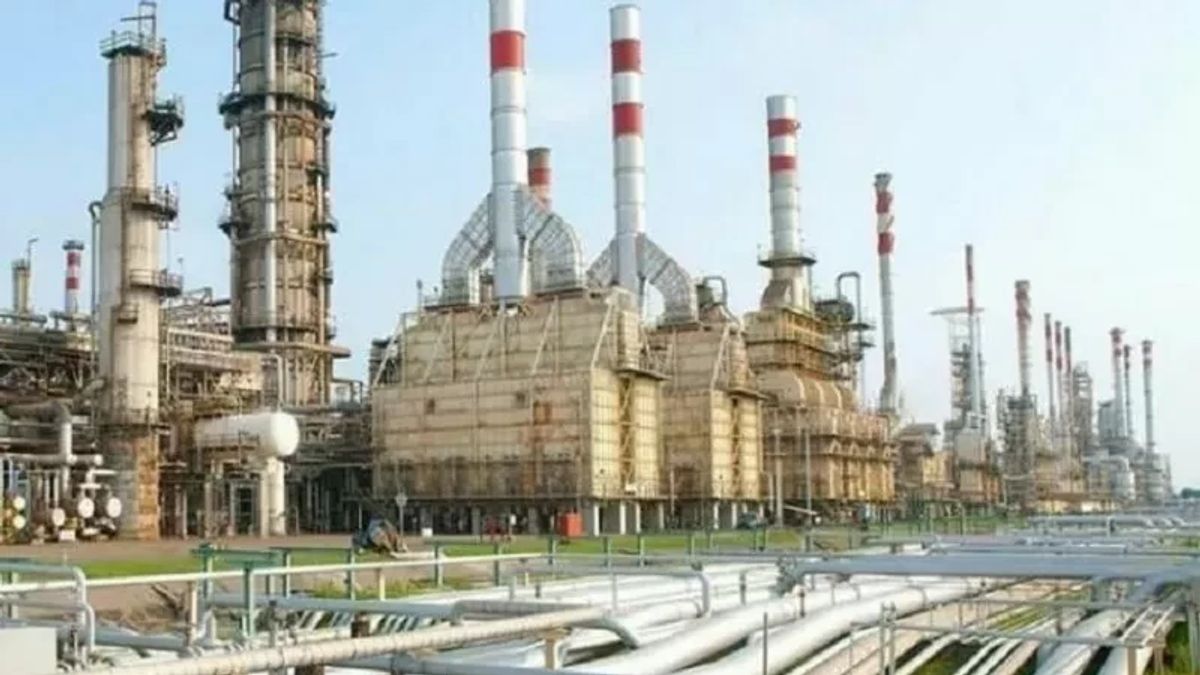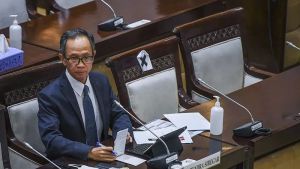JAKARTA - The formation of the carbon exchange is now entering a very decisive phase. After the ratification of the PPSK Law (Development and Strengthening of the Financial Sector), it is hoped that the technical rules of the carbon exchange will be released in the near future.
The urgency of carbon exchange regulation devices can accelerate the positive impact of potential green natural-based economics or carbon credit potential.
Executive Director of Celios Bhima Yudhistira said that carbon exchanges are very much needed to support the acceleration of the Net Zero Emission (NZE) target by 2050 because sectors that have positive carbon units will receive incentives from carbon trading schemes.
"The mechanism of the carbon exchange has indeed been awaited for a long time, of course, the quality of the technical arrangements for carbon exchange organizers is important," said Bhima in a written statement received by VOI, Tuesday, April 18.
In addition, the formation of carbon exchanges is able to improve more accurate data validation, as well as real-time carbon transaction bases. In some countries that have run carbon exchanges, the positive side of carbon exchange formation helps determine the reference prices of carbon units that are apple to apple against global standards.
In relation to carbon exchange benchmark standards in several countries, ideal forms of carbon exchange operators need to be separated from stock exchanges. For example, carbon exchange organizers in the US are Intercontinental Exchange (ICE), while for stock exchanges, there are New York Stock Exchange (NYSE) and Nasdaq.
Bhima also revealed the importance of setting up a carbon exchange in the RPOJK (OJK Regulation Design) providing level of playing field or fair competition space to every organizer who wants to be involved.
"In an ecosystem and best practices, the rules for playing on carbon exchanges should be made different from the stock exchange. Therefore, it becomes strange if there is a discourse on special regulations, where the stock exchange can automatically be the organizer of the carbon exchange," he said.
In fact, said Bhima, Article 24 of the PPSK Law states that carbon exchanges can only be organized by organizers who have an OJK business license, not automatically from stock exchange organizers.
"We need to ensure that technical rules, especially in business licensing, carbon exchanges are not exclusive only for stock exchanges, but are open to other organizers," he said.
One of the most obvious differences in the carbon exchange is that there are sellers/buyers and carbon traders, while the stock exchange has more roles in facilitating investors with issuers.
The economist said the carbon exchange function was price disclosure, while the stock exchange effect had a fund search function for issuers.
SEE ALSO:
The proposal for the stock exchange to become the organizer of the carbon exchange raises various big questions about the design of the carbon exchange and the effectiveness of carbon trading in Indonesia.
"OJK also needs to be careful in formulating the rules for carbon exchange organizers. We certainly see that future carbon exchange players can emerge technology companies as organizers who are not part of the stock exchange. Innovations that appear in the carbon exchange ecosystem need to be facilitated by the OJK," explained Bhima.
"If it is limited, only stock exchanges that automatically become carbon exchange organizers will hamper the rate of innovation and the depth of the carbon market, because confusion from the carbon exchange mechanism becomes disincentive for market players who want to be involved," he concluded.
The English, Chinese, Japanese, Arabic, and French versions are automatically generated by the AI. So there may still be inaccuracies in translating, please always see Indonesian as our main language. (system supported by DigitalSiber.id)
















